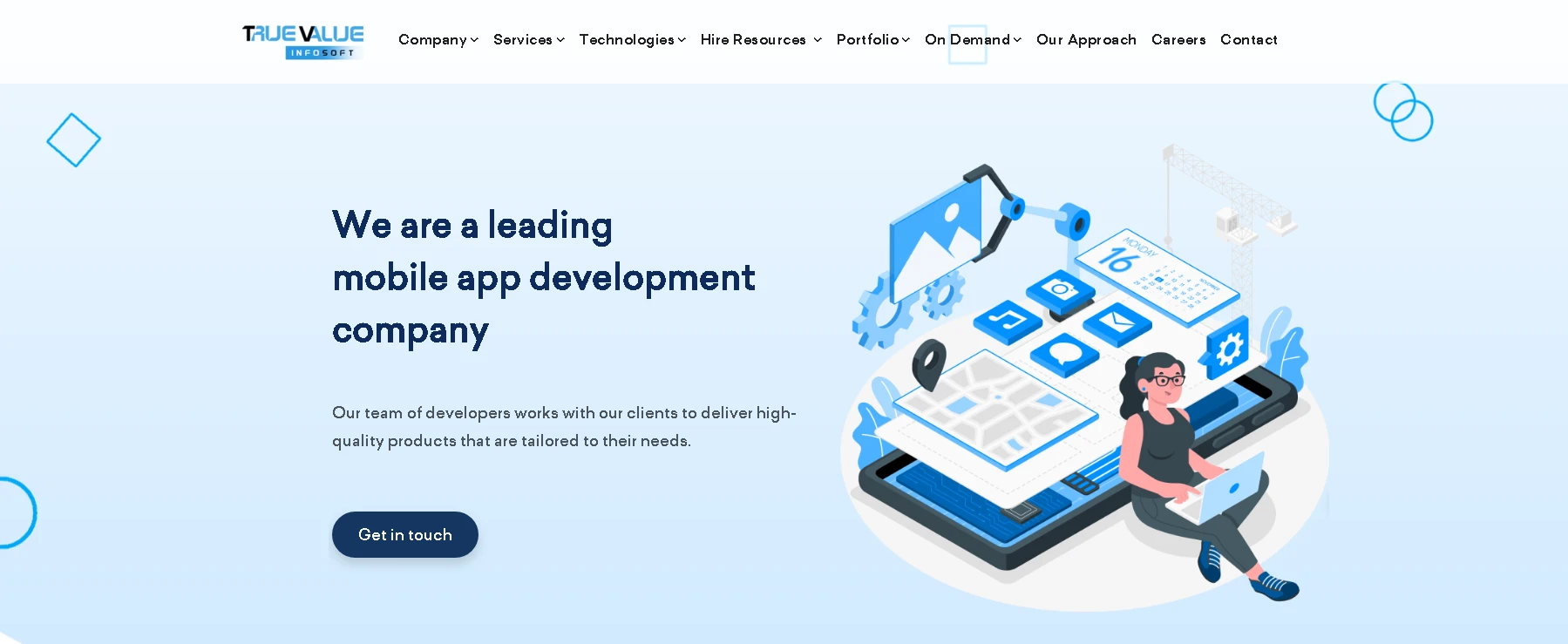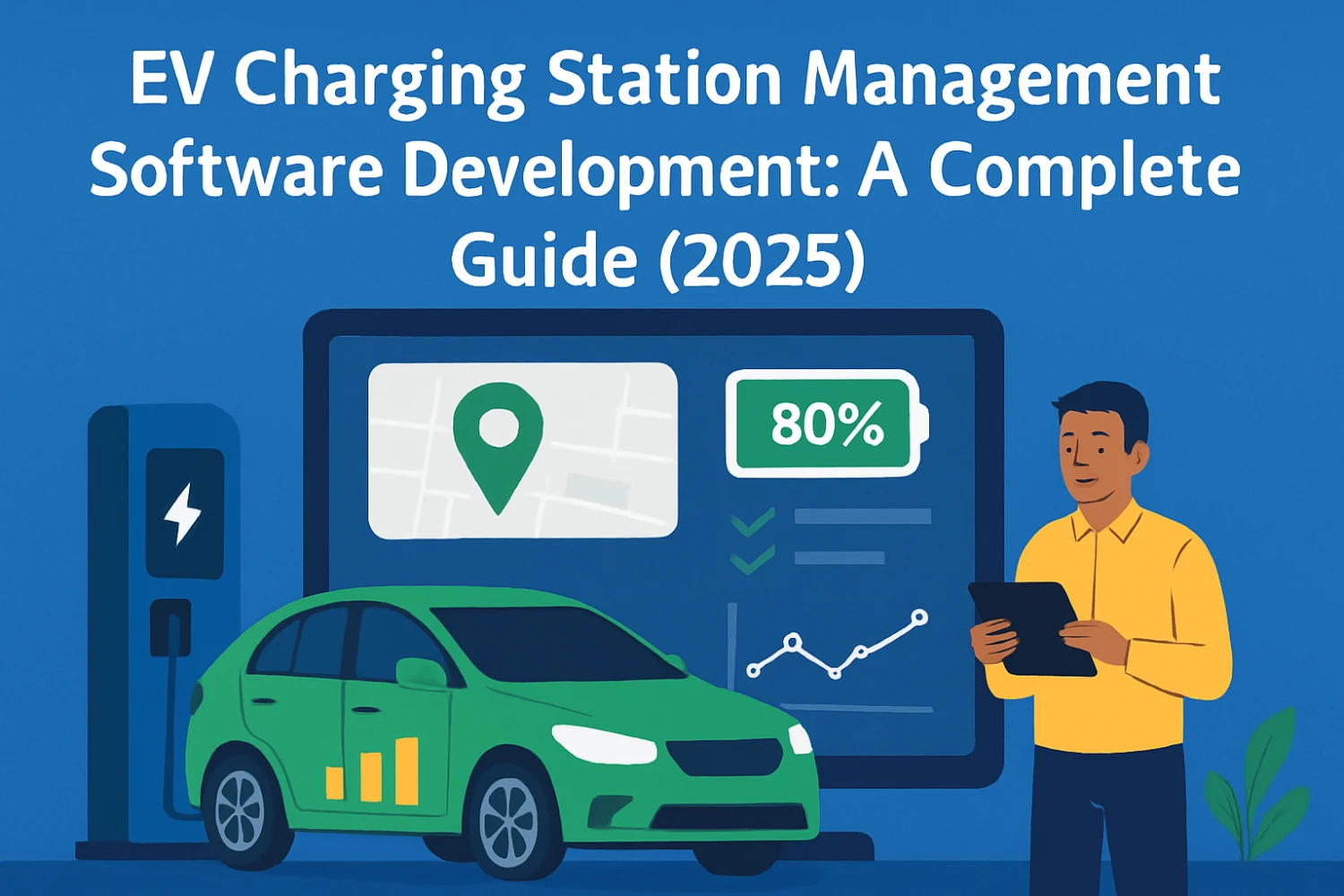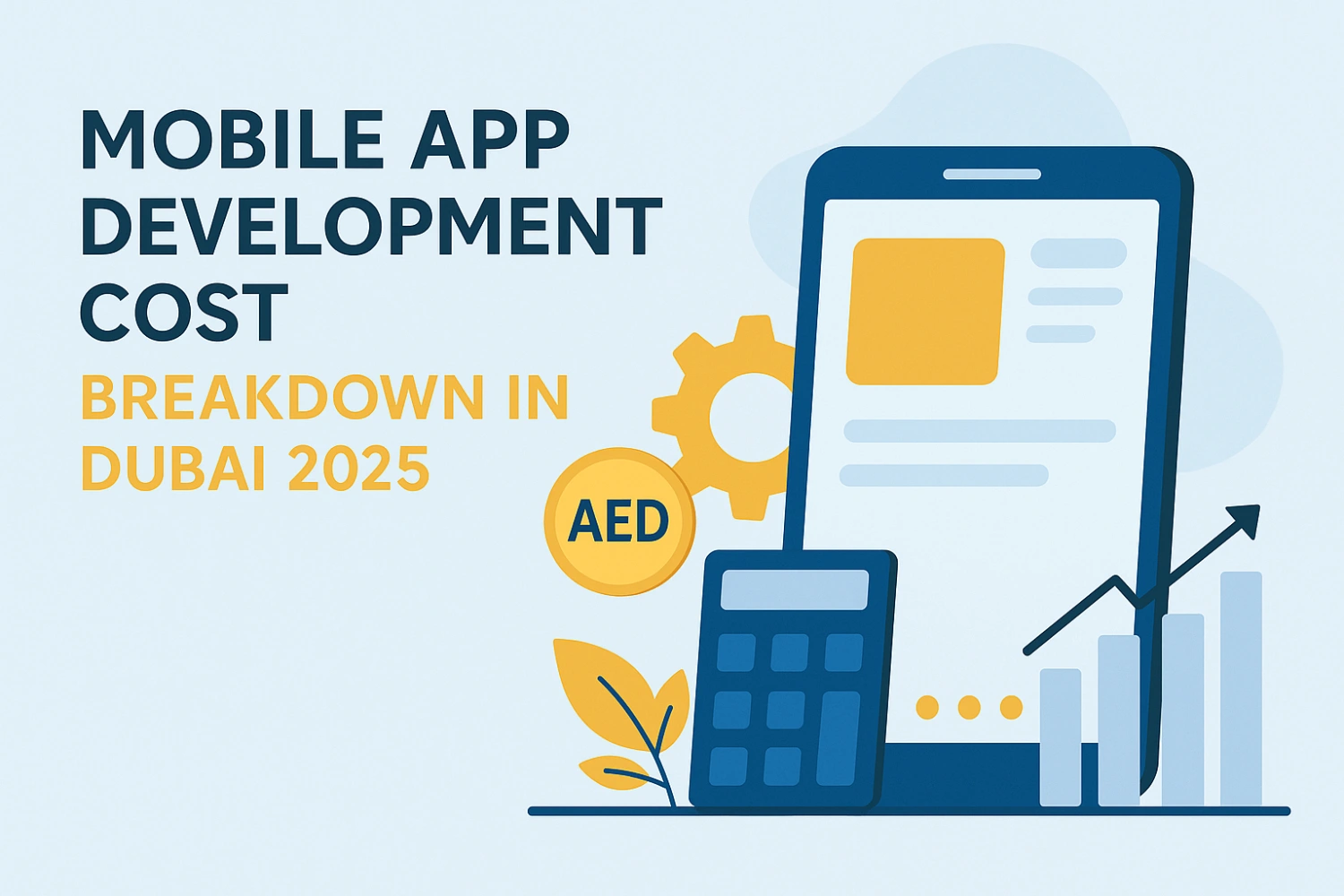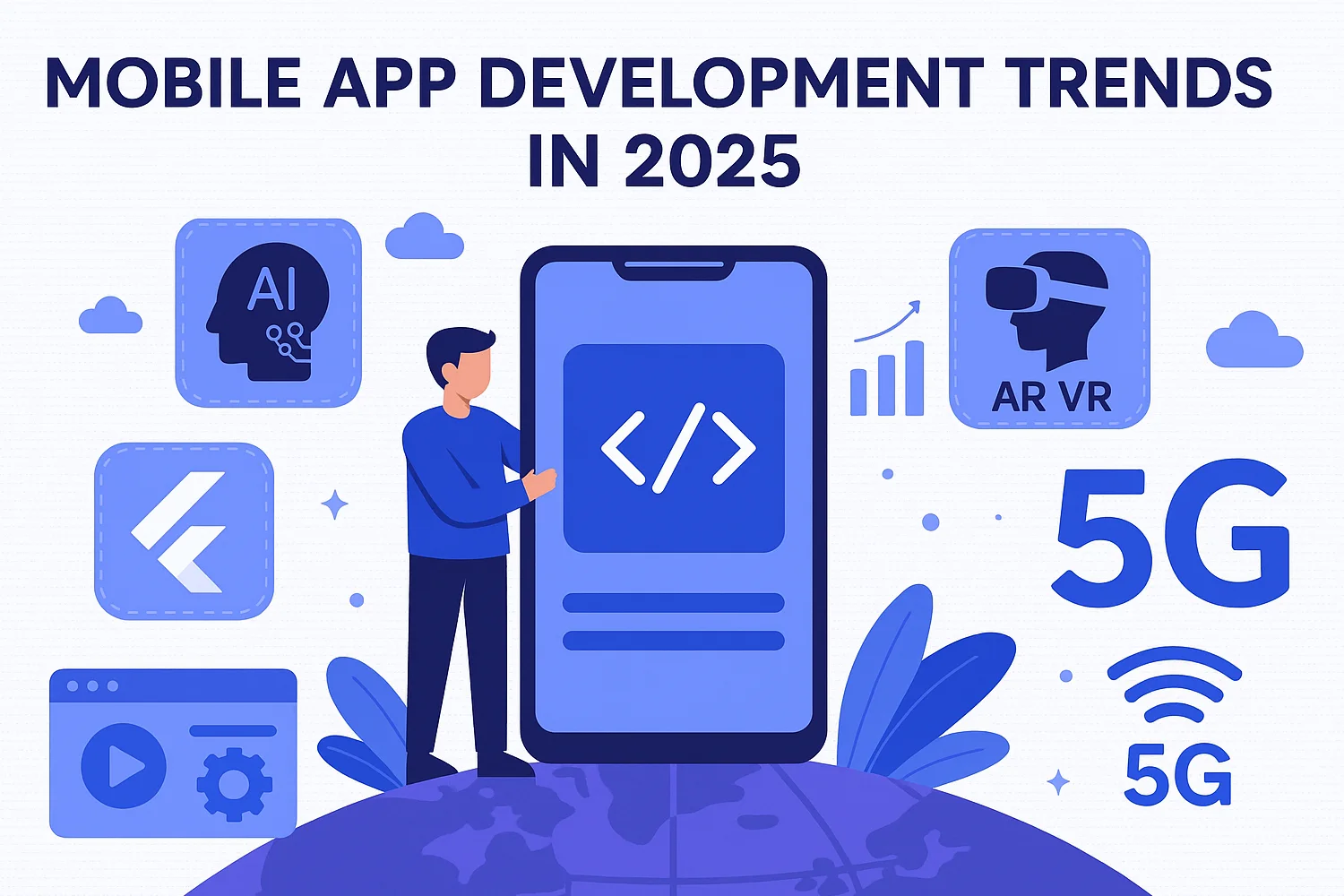Introduction
The global shift towards electric vehicles (EVs) is no longer a distant dream—it’s happening now. With governments incentivizing green mobility, auto manufacturers expanding EV line-ups, and consumers increasingly prioritizing sustainability, the demand for EV charging infrastructure is skyrocketing.
However, running an EV charging network is not just about installing charging points; it’s about managing them efficiently, ensuring uptime, enabling seamless payments, providing real-time monitoring, and delivering a smooth user experience.
That’s where EV Charging Station Management Software comes in. In this article, we’ll explore what it is, why it’s important, its core features, development process, cost, and how your business can benefit from investing in one.
1. What is EV Charging Station Management Software?
EV Charging Station Management Software is a centralized platform that enables charging station owners, network operators, and businesses to manage all aspects of their charging infrastructure.
It acts as the digital backbone for your EV charging network, connecting hardware, users, payment gateways, and analytics in one seamless ecosystem.
Through such software, you can:
- Monitor real-time charger status
- Manage pricing and tariffs
- Handle payments and billing
- Offer mobile app support for EV drivers
- Track usage data and generate reports
- Integrate with third-party services like Google Maps
In short, it’s the brain behind every efficient EV charging network.
2. Why Your Business Needs EV Charging Software
With the EV market growing at over 20% annually in many regions, the charging infrastructure industry is becoming increasingly competitive. Without robust software, you risk:
- Poor user experience
- Inefficient operations
- Downtime due to lack of monitoring
- Missed revenue opportunities
Key reasons you should invest in EV charging management software:
- Operational Efficiency – Automate monitoring, maintenance alerts, and reporting.
- Revenue Optimization – Dynamic pricing, membership plans, and discounts.
- Customer Satisfaction – User-friendly apps, transparent pricing, and smooth payments.
- Scalability – Manage 10 or 10,000 chargers from a single dashboard.
- Compliance – Meet local and international EV charging regulations.
3. Core Features of EV Charging Station Management Software
When developing an EV charging management system, your goal should be to create a feature-rich yet easy-to-use platform. Here are the must-have modules:
A. For Charging Station Operators
- Real-time Station Monitoring – See charger status (available, in use, offline)
- Dynamic Pricing Management – Adjust rates based on time, demand, or energy cost
- Maintenance Alerts – Automatic notifications for hardware issues
- Energy Usage Reports – Track consumption for each charger
- User Management – Handle individual and corporate accounts
B. For EV Drivers
- Mobile App for EV Drivers – Locate nearby charging stations
- Live Availability Updates – See if a charger is free before arriving
- Reservation System – Book charging slots in advance
- Multiple Payment Options – Cards, UPI, mobile wallets, subscription credits
- Charging History – View past sessions and receipts
C. Admin Panel
- Role-based access control
- Dashboard with key metrics
- Revenue reports
- Integration with payment gateways
- Remote firmware updates
4. Advanced Features to Consider
If you want to stand out from competitors, consider integrating:
- AI-driven Demand Prediction – Optimize charger placement and pricing
- Smart Energy Management – Use renewable sources and balance grid loads
- Loyalty & Rewards Programs – Encourage repeat usage
- Multi-language Support – Serve diverse customer bases
- White-label Solutions – Allow branding for partners or franchises
5. The Development Process
Here’s a step-by-step breakdown of how an EV Charging Software Development Project typically unfolds:
- Requirement Analysis – Understanding your target audience, number of stations, and business model.
- UI/UX Design – Designing an intuitive web and mobile interface.
- Backend Development – Creating the server-side architecture to handle data, authentication, and APIs.
- Integration with Charging Hardware – Using OCPP (Open Charge Point Protocol) for hardware-software communication.
- Payment Gateway Setup – Enabling secure transactions.
- Testing & Quality Assurance – Functional, security, and performance testing.
- Deployment – Launching the system on servers and app stores.
- Maintenance & Updates – Regular improvements based on feedback.
6. Technology Stack for EV Charging Software
A robust tech stack ensures performance, security, and scalability. A typical stack may include:
- Frontend – React.js, Angular, or Vue.js
- Backend – Node.js, Django, or Laravel
- Mobile Apps – Flutter or React Native
- Database – PostgreSQL, MySQL, or MongoDB
- Cloud Hosting – AWS, Azure, or Google Cloud
- Protocol Support – OCPP 1.6 or OCPP 2.0.1
- Payment – Stripe, Razorpay, PayPal integration
7. Cost of Developing EV Charging Management Software in 2025
The cost depends on:
- Number of features
- Platforms (Web, Android, iOS)
- Level of customization
- Integration with hardware
- Developer location and experience
Estimated Cost Range in 2025:
- Basic MVP: $15,000 – $25,000
- Mid-level Solution: $30,000 – $50,000
- Advanced Enterprise Platform: $60,000 – $120,000+
Ongoing maintenance typically costs 15–20% of the initial development cost annually.
8. Monetization Opportunities
Your EV charging software can be a revenue generator through:
- Pay-per-use charging
- Subscription plans for frequent users
- Partnerships with malls, restaurants, or parking lots
- Advertising space in the mobile app
9. Why Choose True Value Infosoft for EV Charging Software Development?

At True Value Infosoft, we specialize in building future-ready EV charging station management platforms tailored to your business needs.
Here’s what sets us apart:
- Proven experience in IoT and smart energy solutions
- Expertise in OCPP integrations
- Skilled mobile and web app developers
- Transparent pricing and flexible engagement models
- Post-launch support and feature upgrades
We don’t just deliver software—we deliver a complete growth ecosystem for your EV charging business.
Conclusion
The EV charging industry is at a turning point. As more electric vehicles hit the road, businesses that invest in intelligent charging management software will be positioned to lead the market.
Whether you operate a small set of chargers or an extensive national network, having the right software will ensure efficiency, profitability, and customer satisfaction.
The future of mobility is electric—and now is the time to plug into it.
FAQs
It’s a centralized platform that connects charging hardware, users, payment systems, and analytics to streamline EV charging operations.
A basic MVP can be built in 3–4 months, while a full-scale solution may take 6–9 months.
Yes, if your chargers are OCPP-compliant, integration is straightforward.
Absolutely, we can provide white-label solutions so you can brand the platform as your own.
A basic version starts from $15,000, with costs varying based on features and platforms.





